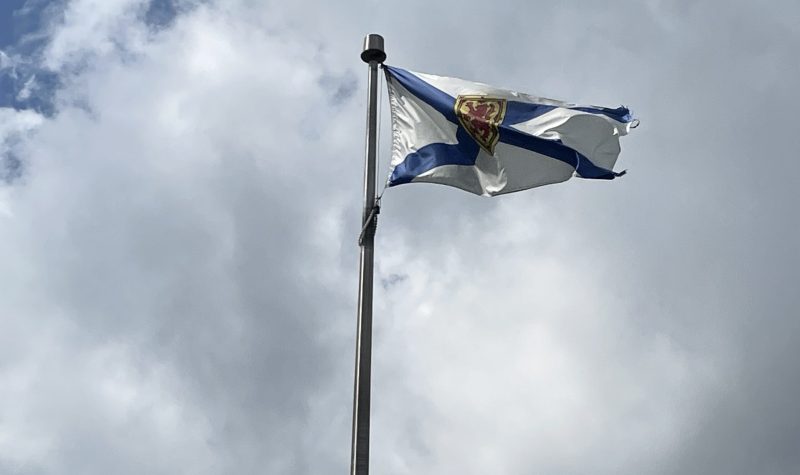On Thursday, Nova Scotia confirmed its first case of monkeypox.
The provincial government said the case involved a Nova Scotia resident who contracted monkeypox while travelling outside the province and experienced symptoms after returning to Nova Scotia.
Public Health announced they have been following this case closely and have identified only one low-risk contact.
“Monkeypox cases have been reported in other Canadian jurisdictions, but the risk of exposure remains low,” said Dr. Robert Strang, Nova Scotia’s Chief Medical Officer of Health. “Nova Scotia is working closely with the Public Health Agency of Canada to monitor the situation here and across the country.”
In a provincial news release, the Health and Wellness department said monkeypox spreads through close contact with an infected person, including sexual activity, direct contact with monkeypox sores (including scabs or sores that are healing), inhaling respiratory droplets (from coughs or sneezes) from an infected person and contact with contaminated items like bedding or clothing.
Monkeypox symptoms initially begin with fever, chills, swollen lymph nodes, headache, muscle pain, joint pain, back pain and exhaustion.
Symptoms usually develop five to 21 days after exposure to the virus, and can progress one to two days later and can include a rash or sores that usually start on the face, legs or arms and can affect other parts of the body.

Dr. Joanne Langley is Dalhousie University's division head of infectious diseases. Photo contributed.
Dalhousie University's Division Head of Infectious Diseases Dr. Joanne Langley said although the virus doesn't spread as easily as COVID-19, it is a serious disease as people who contract it can become really ill.
"Some people might have a mild infection, but we know that there are some people who have died of monkeypox, they may have immune systems that are compromised, but they could also be healthy people," said Langley.
Langley said the most common symptom of monkeypox is developing a rash.
"It looks like bumps on your skin, they can be on your palms on your soles, they can be anywhere. It's probably most likely at the point where you would have had contact, so for people who acquire it during sexual contact, it might be in their genital area."
She added some people could contract the virus from hugging, and affect the axilla, the area under the arms.
In addition to symptoms affecting the whole body, Langley said it can also affect people's thinking, and cause headaches if it spreads to the brain.
The incubation period for monkeypox is fairly short, within weeks of having had exposure.
Langley said the best method of protection is prevention. It is also recommended for people affected to limit multiple sexual contacts and avoid direct physical contact with others to avoid risking spreading the virus.
"At this time in Nova Scotia, we only have that one input, presumably the case that was acquired from imported exposure. Then getting the vaccine in advance through public health for certain high-risk groups and you can find that information on the Nova Scotia Health and Wellness website."
In terms of treatments, there are available antiviral treatments but not ones that can be acquired through a local pharmacy.
The province is currently reserving its very small allotment of 160 doses of vaccine for those at the highest risk of infection, such as those who are deemed close contacts of someone with monkeypox.
There are 1,206 confirmed cases of monkeypox in Canada.
Listen to the full interview below:


